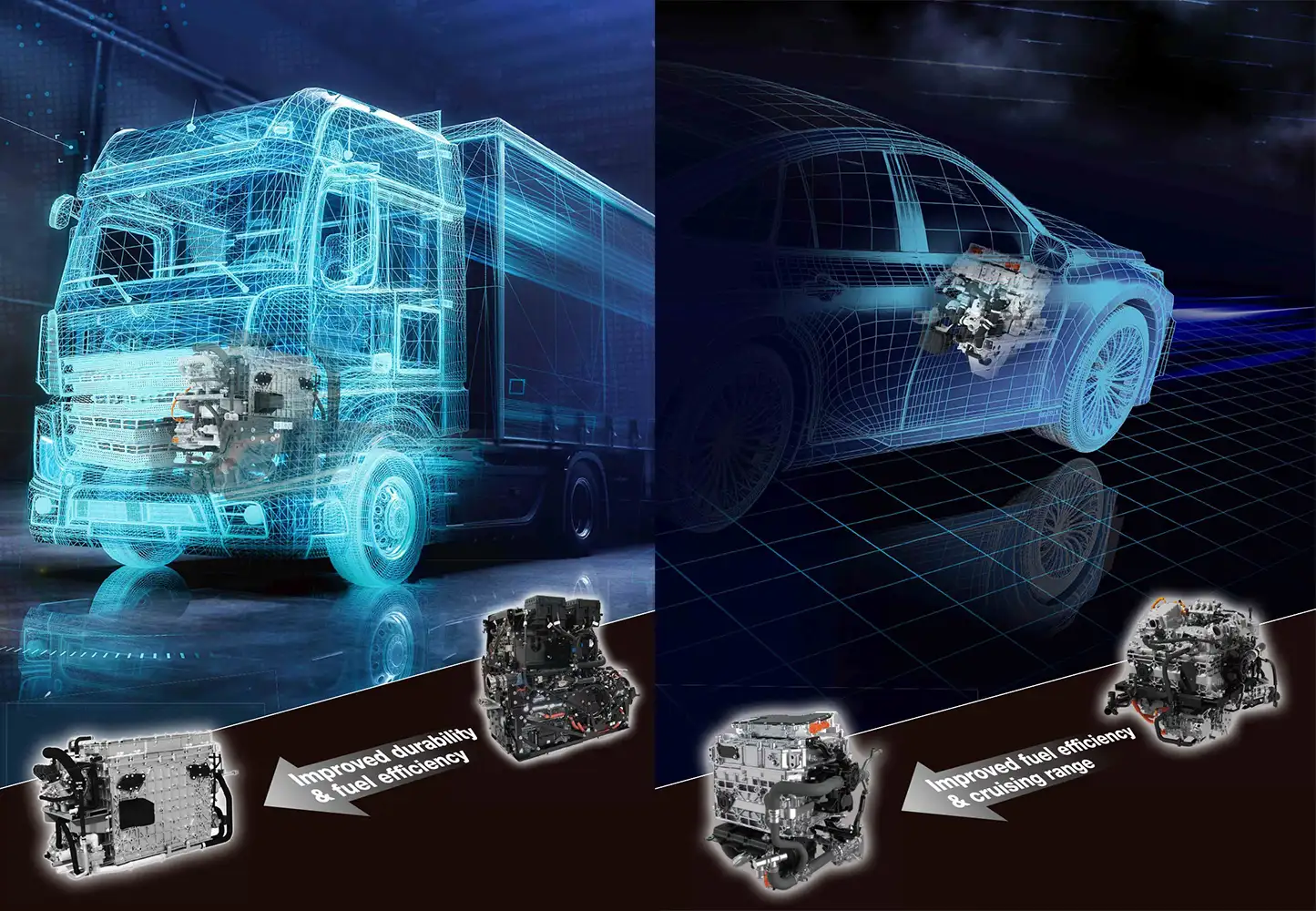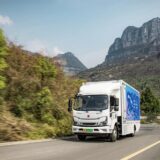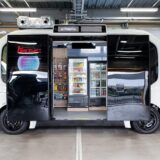
Toyota unveils new fuel cell system to accelerate hydrogen adoption
Toyota Motor Corporation has announced the development of its third-generation fuel cell system (3rd Gen FC System), marking a major step towards advancing hydrogen-powered transport. The new system, designed primarily for commercial applications, boasts enhanced durability, improved fuel efficiency, and a significant reduction in costs compared to previous models.
Toyota’s 3rd Gen FC System is set to be introduced in key global markets, including Japan, Europe, North America, and China, from 2026 onwards. The system will be showcased for the first time at the H2 & FC EXPO in Tokyo, Japan, on 19 February.
Enhancing hydrogen-powered transport
Toyota has been at the forefront of hydrogen fuel cell technology since the launch of its MIRAI fuel cell electric vehicle (FCEV) in 2014. To date, the company has sold approximately 28,000 units in more than 30 countries and supplied more than 2,700 fuel cell systems for applications ranging from buses and rail to stationary power generation.
The 3rd Gen FC System is the result of extensive testing and customer feedback, offering key improvements:
- Twice the durability of its predecessor, comparable to diesel engines.
- 20% greater cruising range, thanks to a 1.2x increase in fuel efficiency.
- Significant cost reductions through innovations in cell design and manufacturing.
Toyota aims to expand the use of its fuel cell technology beyond passenger and commercial vehicles to include rail, shipping, and stationary power generation, reinforcing its commitment to a hydrogen-powered society.
Global collaboration for a hydrogen future
Toyota continues to collaborate with governments, industry partners, and research institutions to promote hydrogen adoption. The company’s initiatives span the entire hydrogen value chain, from production and storage to transport and utilisation.
The unveiling of the 3rd Gen FC System underscores Toyota’s vision for a zero-emission future, aligning with global efforts to achieve carbon neutrality.
For more information, visit www.global.toyota.












